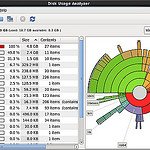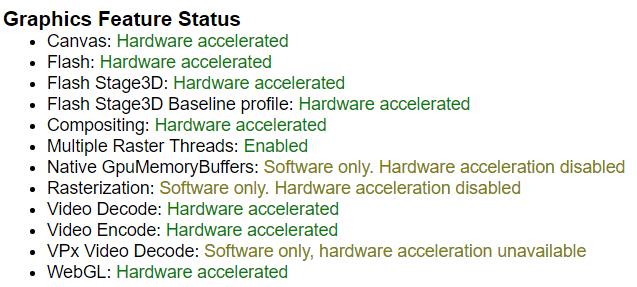Talos OS: API-Driven, Kubernetes-First OS
In the realm of container orchestration, Kubernetes has emerged as the undisputed champion. However, managing the underlying operating system and its complexities remains a challenge. This is where Talos OS enters the picture, offering a purpose-built OS tailored for Kubernetes environments.
What is Talos OS?
Talos OS is a specialized Linux distribution designed from the ground up to prioritize Kubernetes workloads. Developed by Sidero Labs, it aims to streamline the deployment and management of containerized applications within a Kubernetes context. Talos OS differentiates itself with these core principles:
- Security-Hardened: Talos adopts a security-first approach, minimizing its attack surface by eliminating traditional access methods like SSH and omitting any shell. It leverages best practices and adheres to security guidelines like those established by CIS benchmarks.
- Immutable Infrastructure: The root filesystem in Talos OS is read-only, and the operating system largely runs from memory. This immutability ensures that configuration changes are atomic and easily reversible, preventing configuration drift and bolstering reliability.
- API-Centric: The heart of Talos OS is a powerful API. System management is entirely API-driven, with the
talosctlcommand-line tool as the primary interface for configuration and control. This facilitates automation and integration with modern infrastructure-as-code and GitOps workflows.
Key Highlights of Talos OS
Let’s delve into some of the notable features of Talos OS:
- Minimalist: Talos champions a minimalist design philosophy. It includes the bare essentials to execute Kubernetes and essential support services, significantly reducing potential attack vectors.
- Ephemeral: The operating system primarily executes in memory, using a SquashFS file system. This ephemeral approach guarantees that Talos remains pristine after each reboot.
- Version Control: The API-driven model means you can manage Talos configuration declaratively, similar to how you manage Kubernetes manifests. This allows for version control and streamlined rollbacks if needed.
- Effortless Upgrades: Talos upgrades are atomic, meaning a completely new version is applied at once. Failed upgrades automatically revert, enhancing stability and predictability.
Harnessing Talos OS with Docker
Docker remains the bedrock of containerization, and Talos OS seamlessly integrates with it. Talos employs containerd as the container runtime, ensuring compatibility with your Docker container images. Here’s a simplified workflow:
- Build Image: Build your Docker image as usual.
- Push to Registry: Push the image to a container registry accessible from your Talos cluster.
- Create Manifest: Define your Kubernetes Pod and Deployment manifests, referencing your image.
- Deploy: Utilize
kubectlto deploy the manifest to your Talos Kubernetes cluster. Talos will pull the image and execute your containers, orchestrated by Kubernetes.
Talos OS in Action: Use Cases
Talos OS excels in numerous scenarios. Here are a few examples:
- Cloud-Native Environments: The API-first approach of Talos makes it a natural fit for modern cloud environments where automation is paramount. It integrates well with infrastructure provisioning tools.
- Security-Sensitive Workloads: The hardened nature of Talos is ideal for applications where security is of utmost importance, such as in the financial or healthcare sectors.
- Edge Computing: Talos’s minimal footprint and efficient resource utilization make it suitable for edge deployments where hardware may be more constrained.
- CI/CD Pipelines: Talos fits seamlessly into CI/CD pipelines due to its declarative configuration model and automation capabilities.
Getting Started, Limitations, and the Future
Sidero Labs provides thorough documentation and guides for getting up and running with Talos OS. Keep in mind that Talos may have a steeper learning curve compared to traditional Linux distributions due to its unique way of management. Additionally, it’s not intended as a general-purpose OS; workloads outside Kubernetes may require alternative solutions.







